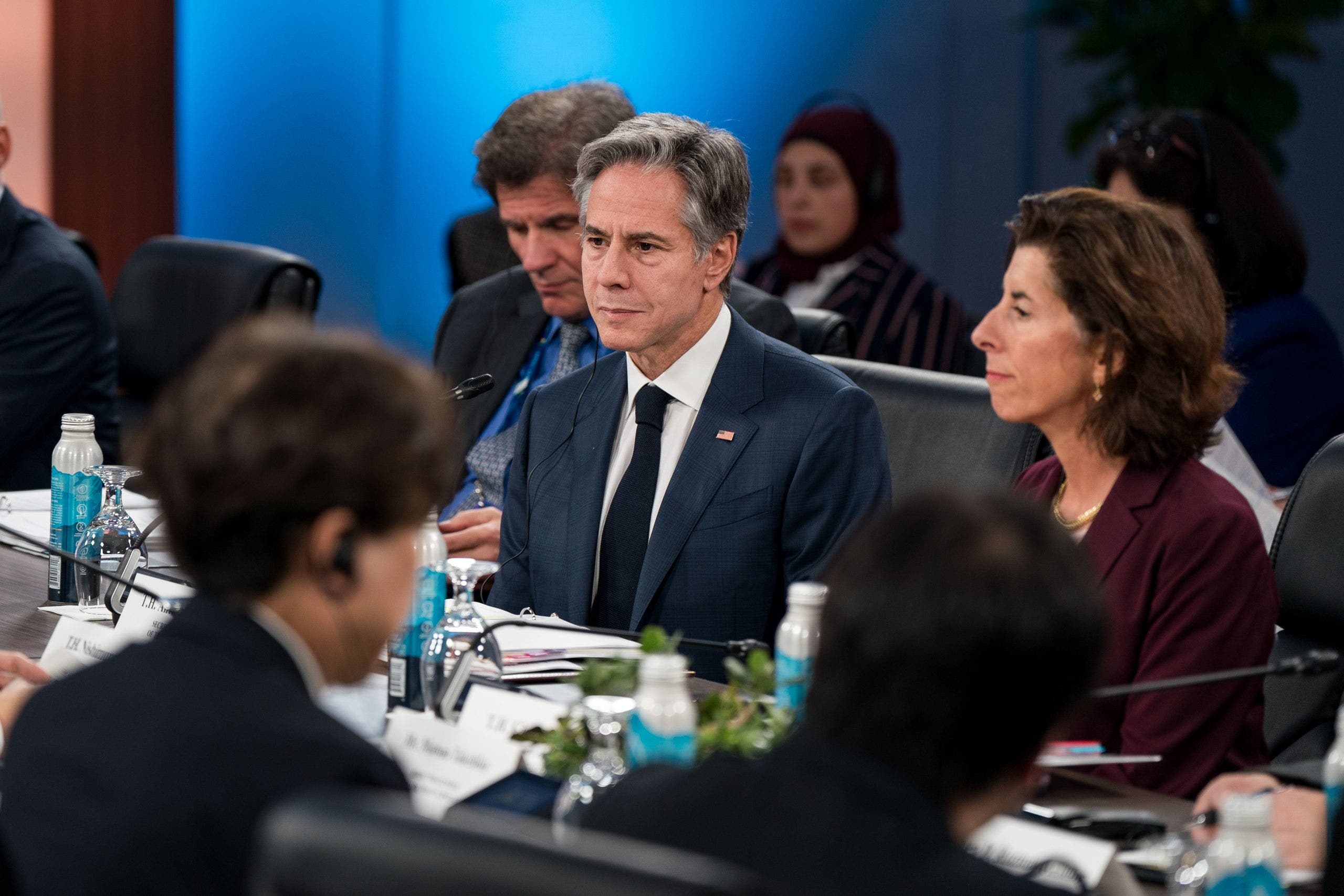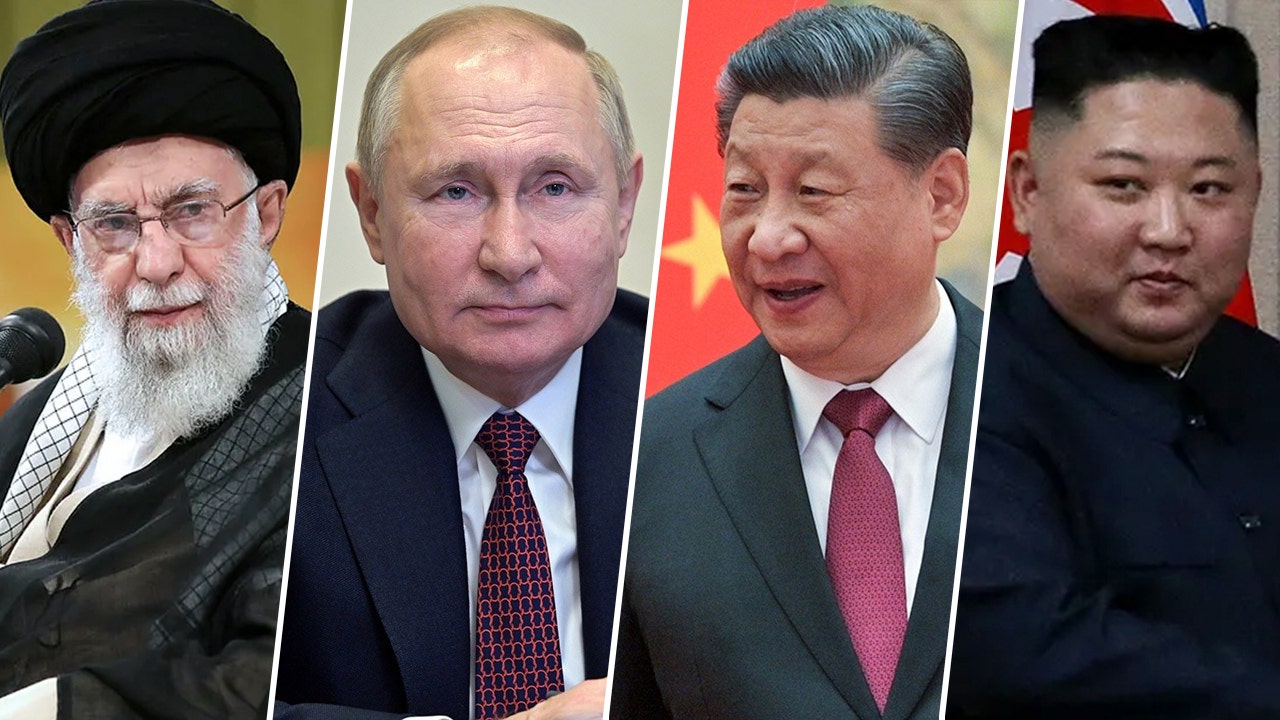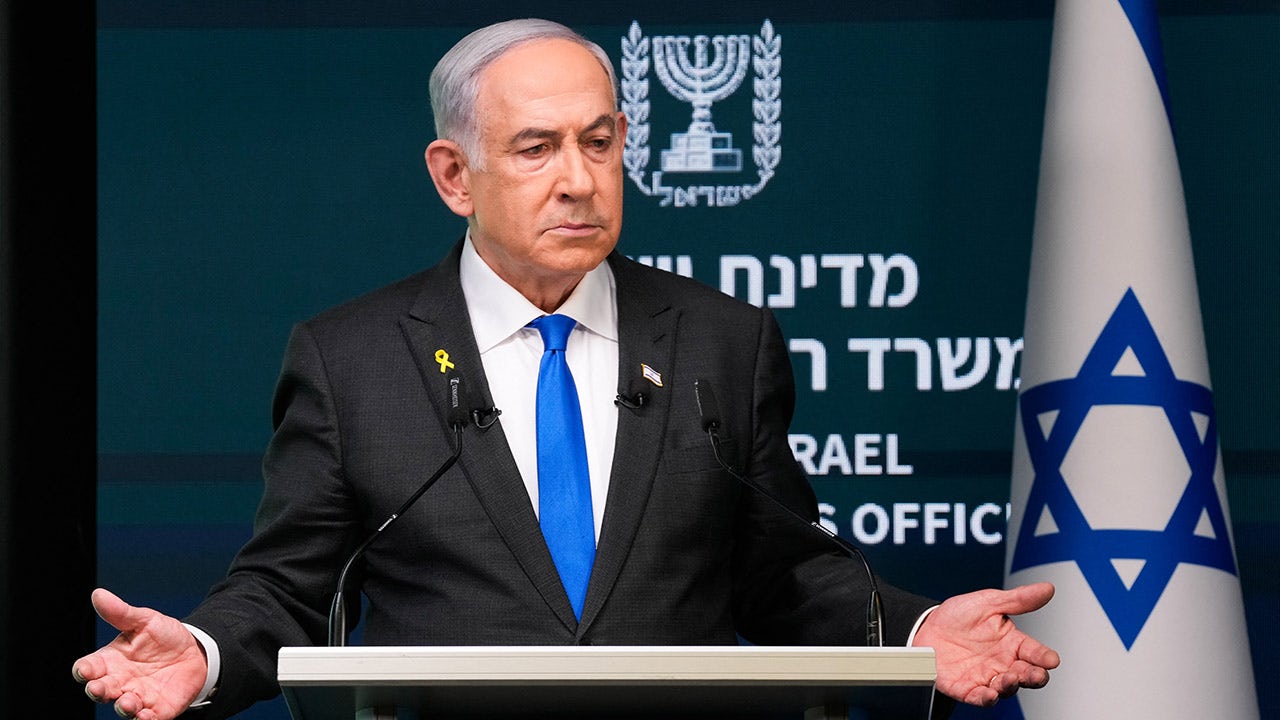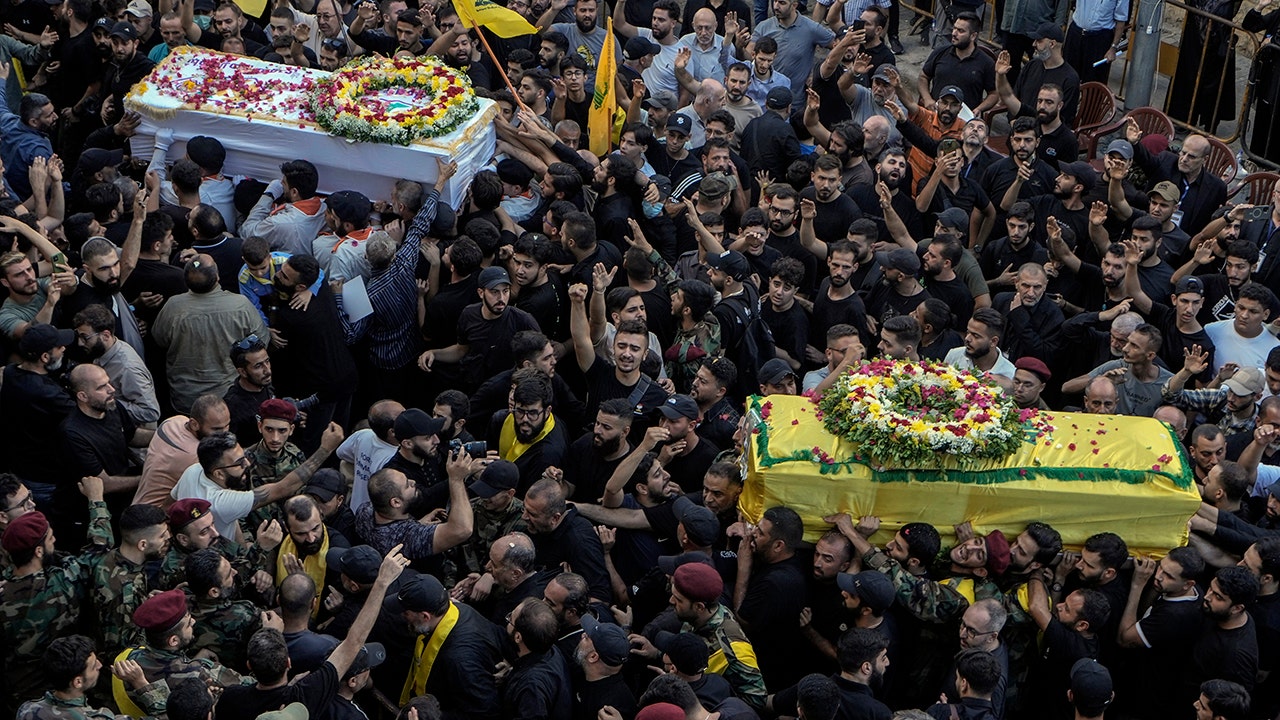An explosion woke Luis Har in the middle of the night and he rolled off his mattress seeking cover. This was it, he thought, expecting the building where he was being held captive to collapse.
Then came the massive gunfire. And someone shouted his name and called out: “It’s the IDF, we’ve come to take you home.”
It was surreal, Har said of his Feb. 12 rescue by Israeli special forces after more than four months in Hamas captivity.
ISRAELI SOLDIER GRAVELY INJURED IN OCT. 7 TERROR ATTACK FINDS NEW FAITH, OFFERS HOPE TO OTHERS
“On the way I even asked one of the soldiers – ‘Tell me, are you sure we’re not in a movie?’ Because I wasn’t sure. So much had happened. Is it real, is it not real,” Har said. “Even today, I don’t know what is real and what is not.”
Har, now 71, was taken hostage in Hamas’ Oct. 7 attack on southern Israel. He and four relatives, one his partner’s teenage niece who brought her dog, were grabbed at gunpoint from a house in Kibbutz Nir Yitzhak and taken to Gaza.
The three female hostages were released during a week-long November truce. Har and his partner’s 61-year-old brother were held in a building in the southern city of Rafah until their rescue in February.
Luis Har, 71, an Argentinian-Israeli hostage who was freed in a special forces operation in Rafah, Gaza, is seen during an interview about being held captive by Palestinian Islamist group Hamas, in Tel Aviv, Israel, on March 27, 2024. (Reuters/Hannah McKay)
He recalled passing the days talking about things they wanted to cook or where they would travel. There were periods of depression when they retreated into themselves and did not speak or smile, he said.
That was when he imagined talking to and playing with his grandchildren. And being hugged by them.
“I felt it, on my body. And then the tears would start to flow,” he said.
Har spoke to Reuters from the headquarters in Tel Aviv for the forum of families of hostages in Gaza. The residents of his community, like thousands of evacuees from Israeli border towns, have yet to return home.
The most important thing for now, he said, is the return of the remaining 134 captives.
“Enough with their families’ suffering,” he said. “It’s urgent. Every day that passes is terrible.”
Israel has said it will not end its devastating war on Hamas until they are all freed.
Har said he at times wakes up in the middle of the night thinking of his captors. Or that a loud noise can trigger a painful memory.
“It’s impossible to just forget about it, like now I’m in Israel and we’re done. No, it’s inside.”




